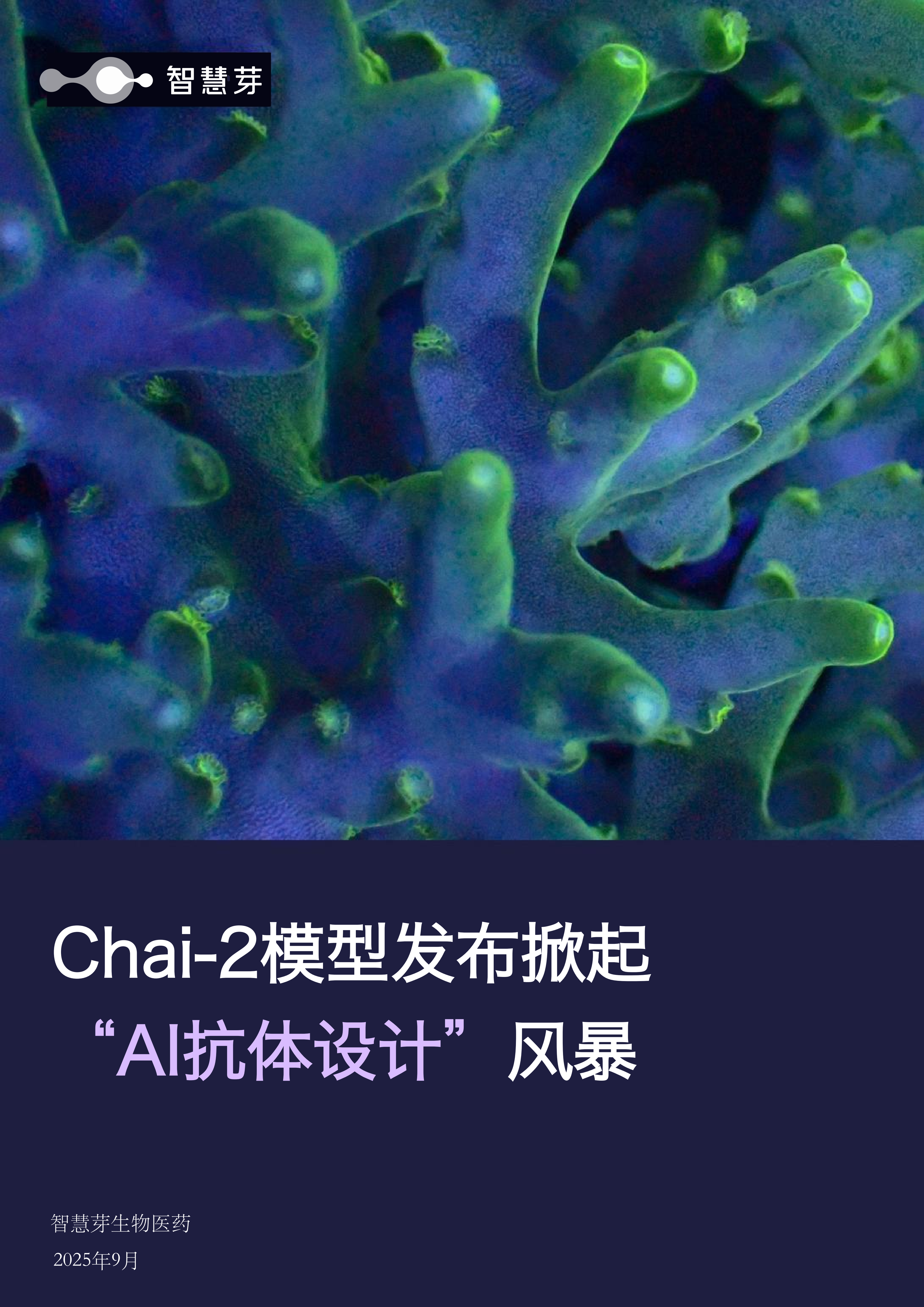预约演示
Nanoparticle-delivered RNA could offer potential therapy for neuroinflammation
2023-12-21
siRNA寡核苷酸

Preview
来源: PMLiVE
Researchers from the Massachusetts Institutes of Technology (MIT) have discovered that lipid nanoparticle-RNA can reduce inflammation in the brain, a hallmark symptom of Alzheimer’s disease (AD).
The study, published in the journal Advanced Materials, showed that different nanoparticles could be used to develop a potential therapy for AD as well as other neuroinflammatory diseases.
Researchers delivered small interfering RNA (siRNA) via a tailored lipid nanoparticle (LNP) formulation to reduce the expression of PU.1, a gene product associated with excessive inflammation in neurological conditions, in multiple mouse models using cultured human cells.
Previous studies have already demonstrated how blocking the consequences of PU.1 protein activity can help reduce AD-related neuroinflammation and pathology.
The team changed the structures of two of the four main components of LNPs and varied the ratio of lipids to RNA, producing seven formulations to test. After testing in a lab, they found that one of the seven formulations, MG-LNP, stood out for its high delivery efficiency and safety of a test RNA cargo.
The team then tested the formulations’ effectiveness and safety in mice via two methods of injection: into the body or into the cerebrospinal fluid (CSF).
Researchers found that injecting the MG-LNP formulation was most effective when injected into the CSF, which produced a greater efficacy in targeting the microglia, the brain’s immune cells, without affecting cells in other organs, compared to the body.
Researchers tested MG-LNP in two mouse models: one that exposed mice to the LPS molecule, which stimulates infection and systemic inflammation responses and the second in mice with a hyperactive enzyme called CDKG5.
In addition to this, the study demonstrated a new way to deliver RNA to microglia, which has been challenging to target.
The researchers explained that the findings “support the use of MG-LNP-mediated anti-PU.1 siRNA delivery as a potential therapy for neuroinflammatory diseases,” calling the results a “proof-of-principle”.
Before testing on human patients with neuroinflammatory diseases, further testing will be required.
更多内容,请访问原始网站
文中所述内容并不反映新药情报库及其所属公司任何意见及观点,如有版权侵扰或错误之处,请及时联系我们,我们会在24小时内配合处理。
机构
-靶点
药物
-生物医药百科问答
全新生物医药AI Agent 覆盖科研全链路,让突破性发现快人一步
立即开始免费试用!
智慧芽新药情报库是智慧芽专为生命科学人士构建的基于AI的创新药情报平台,助您全方位提升您的研发与决策效率。
立即开始数据试用!
智慧芽新药库数据也通过智慧芽数据服务平台,以API或者数据包形式对外开放,助您更加充分利用智慧芽新药情报信息。


